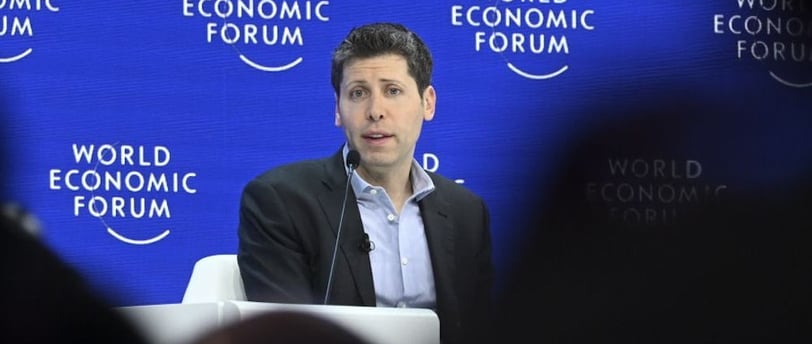The Future of AI: Highlights and Insights from Davos 2025
In this blog post, we take a look at the latest developments in the field of Artificial Intelligence (AI) that were discussed at the World Economic Forum 2025 in Davos. From ethical challenges to the impact on the job market and the call for global regulations, find out which topics are driving the world’s elite and how AI might shape our future. A must-read for anyone interested in future technology and its societal significance.
AI
Emillian Schlatter
1/25/20252 min read


The Future of AI: Highlights and Insights from Davos 2025
Developments in the field of Artificial Intelligence (AI) took center stage at the World Economic Forum (WEF) 2025 in Davos. Leading figures from business, politics, and society engaged in intense discussions about the opportunities and challenges accompanying the rapid advancement of AI technologies.
AI as a Driver of Change
A recent survey indicates that technologies like AI and quantum computing are now the primary drivers of change and disruption across various industries. Under the theme "Industries in the Age of Intelligence," the WEF addressed the profound structural shifts triggered by these technologies. ([World Economic Forum](https://www.weforum.org/stories/2025/01/ai-tech-and-intelligent-age-davos-2025-what-to-know/?utm_source=chatgpt.com))
Ethics and Truth in AI
Pope Francis addressed the WEF participants with a message expressing his concern about the potential impacts of AI on humanity. He warned that AI could exacerbate a "crisis of truth," as its outputs are increasingly indistinguishable from human-generated content. The Pope emphasized the ethical implications and urged governments and companies to remain vigilant and take appropriate action. ([The Guardian](https://www.theguardian.com/technology/2025/jan/23/pope-warns-davos-summit-that-ai-could-worsen-crisis-of-truth?utm_source=chatgpt.com))
Impact on the Job Market
A LinkedIn report forecasted that by 2030, approximately 70% of current job skills could be influenced or altered by AI. This development underscores the need for continuous education and retraining of workforces to keep pace with technological advancements. ([YouTube](https://www.youtube.com/watch?v=ObxAcOW6THU&utm_source=chatgpt.com))
Regulation and Global Standards
The CEO of NTT DATA, a leading Japanese IT company, advocated for global standards in AI regulation. He argued that such standards could help minimize risks and promote the safe and ethical use of AI worldwide. ([Reuters](https://www.reuters.com/technology/artificial-intelligence/ntt-data-boss-calls-global-standards-ai-regulation-davos-2025-01-24/?utm_source=chatgpt.com))
Practical Applications and Business Models
Mihir Shukla, CEO of Automation Anywhere, highlighted the growing importance of practical AI applications. He presented an example of an AI agent trained on proprietary company data that could perform impressive pattern analyses. These developments underscore the need for new business models for AI services. ([Business Insider](https://www.businessinsider.com/davos-world-economic-forum-trump-inauguration-ai-day-one-2025-1?utm_source=chatgpt.com))
Conclusion
The discussions at Davos 2025 made it clear that AI is not merely seen as a technological advancement but has profound implications for society, the economy, and ethics. It is essential that all stakeholders – from companies and governments to civil society – collaborate on solutions to maximize the benefits of AI while minimizing potential risks.
For a deeper discussion on the integration of AI into our daily lives and the associated challenges, you can watch the following debate:

Contact
Support
kontakt@metasolutions.ch
+41 76 841 33 23
+41 79 191 51 40
Metasolutions © 2025. All rights reserved.
Imprint
Headquarters
Baslerstrasse 77
4600 Olten
